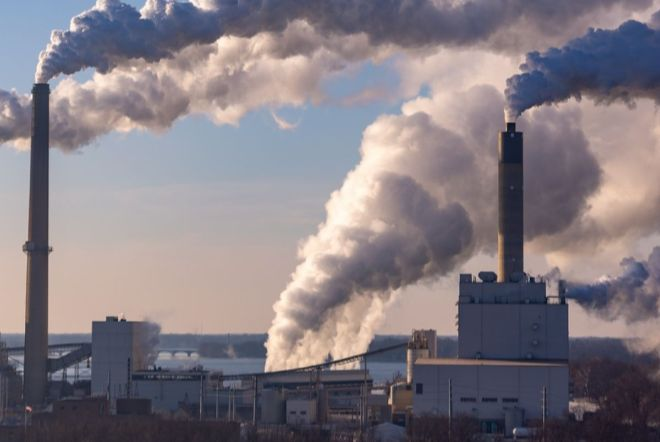AI: New Threat for the Climate Crisis?
With the rapid advancement of technology, artificial intelligence (AI) and social media have become indispensable parts of our daily lives. However, recent research suggests that these technologies could be contributing to the global climate crisis without our knowledge.
1. The Environmental Footprint of AI and Social Media
The operation of AI and social media platforms requires substantial data storage and processing power, which often relies on data centers around the globe. These data centers consume significant amounts of energy, and their carbon footprint is not to be ignored. Moreover, the manufacturing process of the hardware that supports these technologies also puts pressure on the environment.
2. Enhancing Energy Efficiency
To reduce their impact on the climate, the tech industry is seeking ways to improve the energy efficiency of data centers. By adopting advanced cooling technologies, optimizing algorithms, and utilizing renewable energy sources, the carbon emissions of these facilities can be significantly reduced.

3. The Role of Social Media
Social media has played an important role in spreading information about climate change and raising public awareness. However, it is also a source of energy consumption. By optimizing app energy consumption and encouraging users to participate in environmental activities, social media platforms can transform into a positive force for climate action.
4. The Importance of Individual Actions
Everyone can contribute to fighting the climate crisis by reducing personal activity on social media and choosing more environmentally friendly technological solutions. For example, using energy-saving modes, reducing unnecessary data processing, and supporting companies that adopt green technologies.
5. Looking to the Future
As understanding of the impact of climate change deepens, AI and social media have the potential to become part of the solution. By developing more environmentally friendly technologies, we can reduce the environmental impact of these platforms while continuing to enjoy the convenience they offer.
Conclusion:
Although AI and social media may contribute to the climate crisis, through proactive measures, they can be transformed into forces that drive sustainable environmental development. It is time for all of us, including technology developers and ordinary users, to work together to ensure that technological progress does not come at the expense of our planet.





